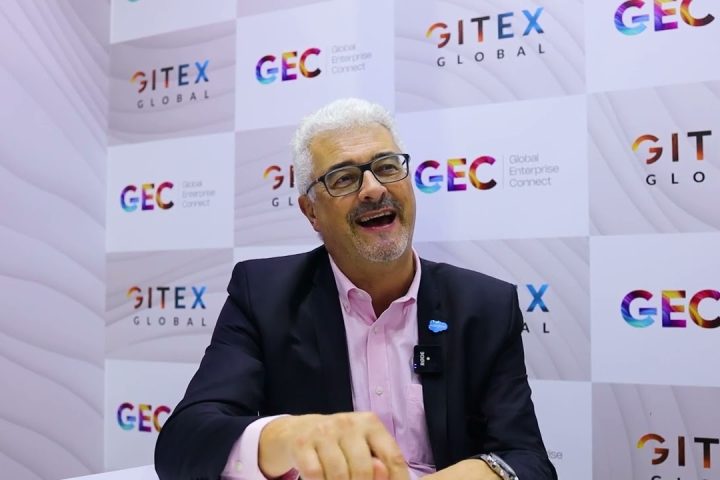In the last two years, the global economic climate has remained unpredictable and volatile due to the pandemic. Global inflation is predicted to increase by approximately 10% and with global supply chain issues and economic insecurity on the rise, consumer purchasing power is in decline. Salesforce’s Q1 shopping index data indicates that YoY global spend is down 3%. However, amidst the adversity, there are positives for retailers to focus on.
According to Salesforce’s Q1 Shopping Index, digital engagement is higher than ever before. In fact, the two year online sales growth rate in Q1 is at 65% globally. This indicates businesses have substantial opportunities to engage customers and sell products online, but only if they get it right.
Keep Your Customers Engaged Online
In a time where purchasing power is low, the customer needs to be inspired. With unlimited options and difficulties with decision making at a high, helping consumers avoid choice paralysis is crucial. Rather than providing long lists of products and prices searchable via filters, by leveraging digital platforms, retailers can ensure the right products are in front of the right customers.
Wherever consumers are browsing, collecting data at every touch point will help retailers get to know their clientele better and provide personalized experiences. Being able to share information and offers at the right time, based on previous interactions and tailored to customers’ needs, will keep them invested, and therefore investing.
To achieve this, retailers must rely not only on their own channels, but also harness the personalization power of social media to drive awareness and sales. According to Statista, in 2020, the number of social media users globally stood at over 3.6 billion – nearly half of the world’s population. This presents a huge opportunity for brands to continue elevating their targeting capabilities and unlocking new audiences in the digital sphere.
An Integrated Ecosystem Is Important
Integrating a seamless experience across all devices is essential to securing and retaining business. While desktop websites used to be seen as the most important online purchasing platform, shopping traffic from mobile devices has remained at 71% over the last nine quarters.
When it comes to the share of orders placed on each device, according to Salesforce data, 58% of orders are placed on mobile, with 39% on desktop.
In order for businesses to engage customers cross-device, it’s important for them to invest equally in their digital ecosystem. In a digital purchasing landscape, shoppers expect to seamlessly move from app to app, and from one device to another with the same experience.
However with the return of the high street, the physical retail realm should also not be forgotten. Ensuring the transition between physical stores and all digital devices is as seamless as possible is essential, not only to engage customers, but to ensure they follow through to purchase.
Launch Buy Now Pay Later Schemes
As consumers contend with inflation and higher prices across the board, they are less likely to purchase multiple high-priced items all in one go. Flexible payment options such as Buy Now Pay Later are offering a safety net for consumers in uncertain times.
By offering simple, transparent, and financially responsible payment tools, retailers can empower and encourage customers to invest in their products without financial stress. Not only does this help to build trust and loyalty amongst existing customers, but it opens them up to new customers who may have overlooked their business before.



















